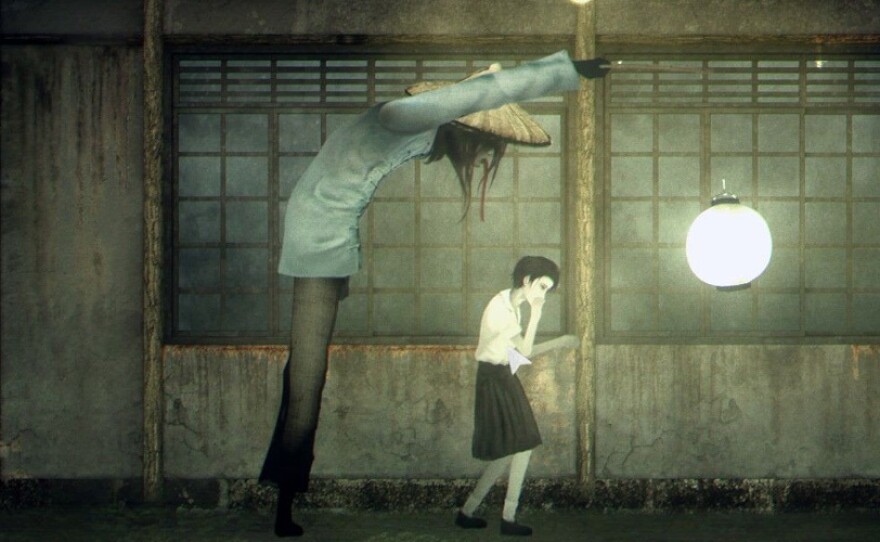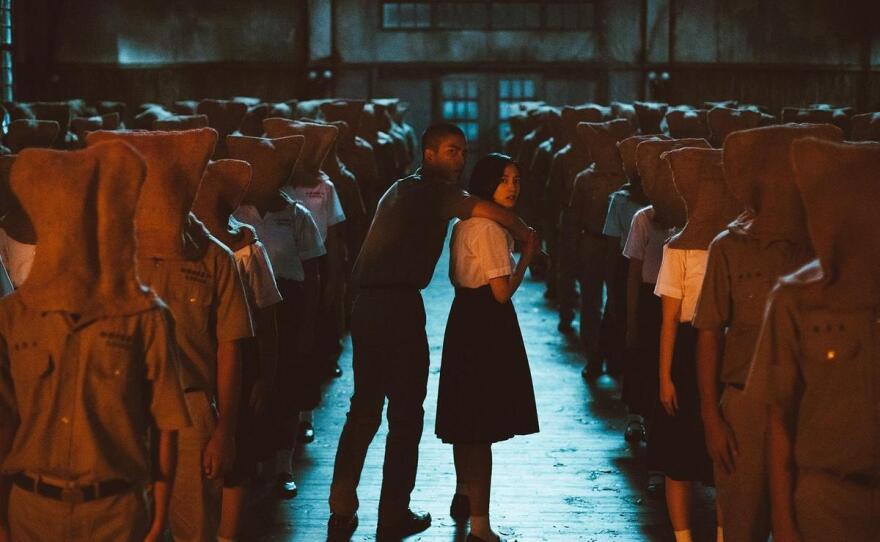The new film "Detention" is based on a Taiwanese video game by Red Candle that’s been banned in China. The film, not to be confused with the recent Netflix series, begins screening virtually this Friday at Digital Gym Cinema.

I am not a gamer, so I never heard of the 2017 Taiwanese game “Detention” and had no idea video games could be this political in nature. The film version of the game uses the tropes of horror in a way similar to what Jordan Peele has done in “Get Out” and “us,” to deliver a gut punch of social and political commentary.
Here's the backdrop to the story that's helpful if you are not familiar with Taiwanese history or politics. This particular chapter in history is not often covered in films, not even Taiwanese ones since there seems to be a kind of willful amnesia about it.

The story is set in 1960s Taiwan. This is the height of what was called the White Terror when Chiang Kai-shek’s Chinese Nationalist Party imposed martial law on the country. The period of martial law, one of the longest in history, was in effect from 1949 to 1987, with lingering fear for years after. Tens of thousands were arrested and thousands were killed by the repressive government of the time. It's a time of extreme repression, and all ideas considered to be dissident are banned, and the culprits are tortured or executed. The story involves a pair of teachers who decide to start an underground literary club where students can read banned books and copy them into notebooks. It is a group of kids risking their lives to read poetry and dream of freedom.
Taking his cue from the video game, director John Hsu uses a populist format — the horror film genre — to tackle serious questions about national guilt, how to remember the past, and coming to terms with the horrors of repressive regimes in the hopes of avoiding them in the future.
The film mixes elements of monsters and haunted house scares with a political thriller to engage audiences. There are some odd narrative shifts and tonal changes but if you stick through to the end it all makes sense and is actually quite clever. The narrative perspective shifts as the story progresses and we discover who is the one actually having the "nightmare" at the center of the film.
What proves most horrific is the political reality of a repressive regime. It's not just the physical torture that they use but also the way they use fear to control people and to encourage conformity. There are truly chilling and disturbing scenes reflecting the consequences of one person providing information to the government.
The film and video game have been banned in China.






